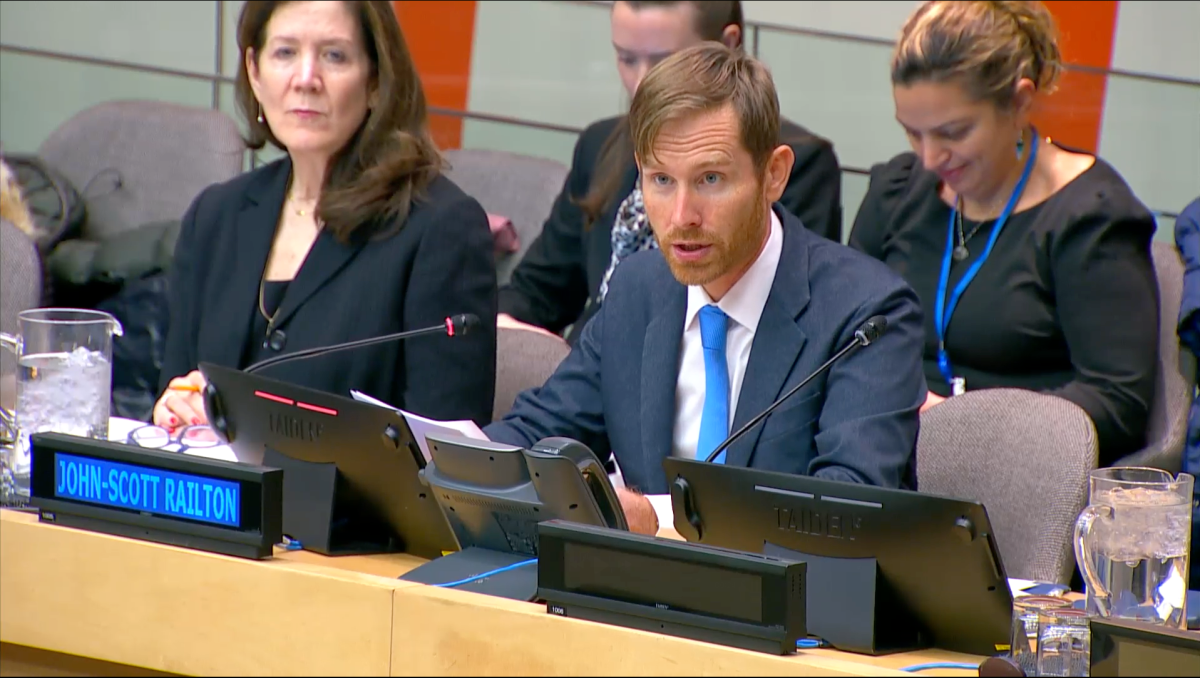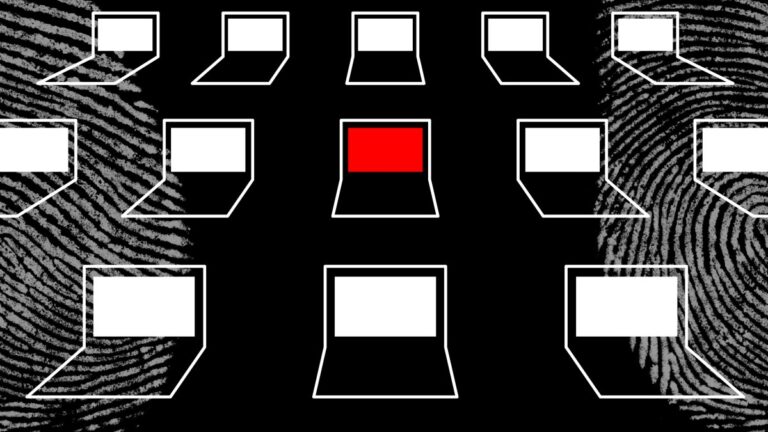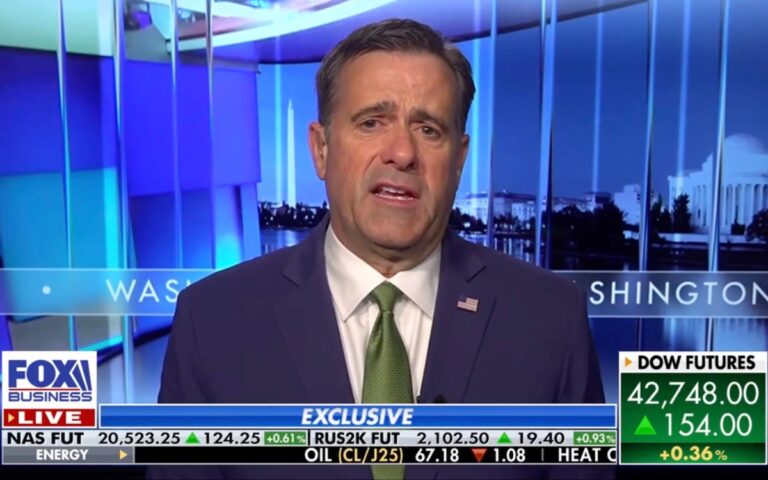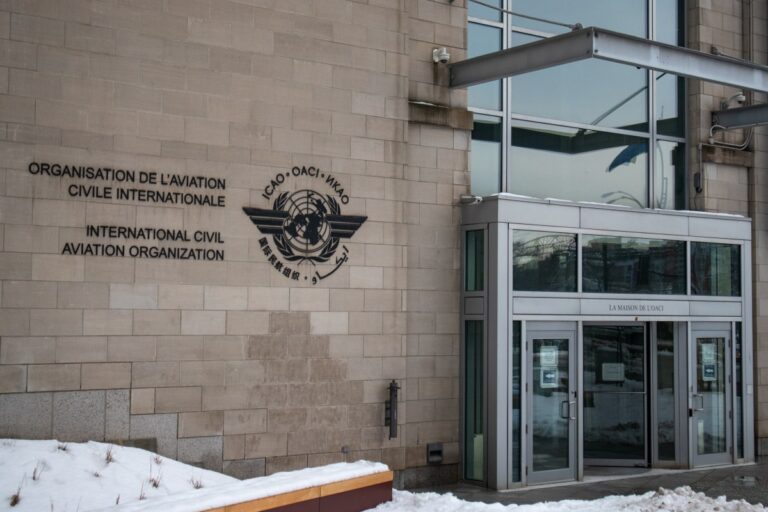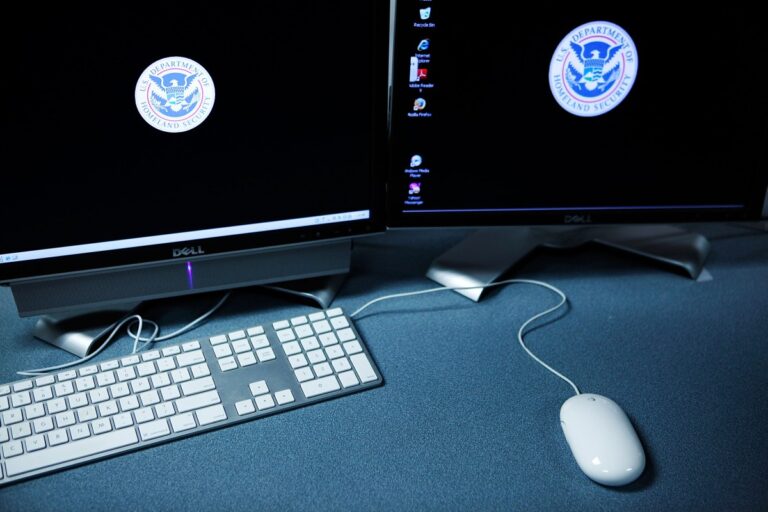UN Security Council Meeting Sparks Urgent Call for Global Spyware Regulations by Governments
The recent United Nations Security Council meeting highlighted the increasing concerns surrounding commercial spyware, marking a significant moment as this technology has never been discussed at this level before. The session aimed to address the implications of the proliferation and misuse of such software on international peace and security.
Key Highlights from the UN Security Council Meeting
On Tuesday, the U.S. Mission to the UN convened this important meeting, which was supported by 15 other countries, including France, South Korea, and the United Kingdom. The discussions centered around the urgent need for action against the abuse of commercial spyware.
Reactions from Global Leaders
While the meeting was largely informal and did not yield concrete proposals, several countries emphasized the need for regulatory measures:
- Poland proposed local legislative actions to enhance control over intelligence services’ operations.
- Greece referred to its 2022 bill aimed at banning the sale of spyware.
In contrast, Russia and China dismissed the discussions, with Russia accusing the U.S. of fostering a global surveillance system, referencing revelations from whistleblower Edward Snowden.
Concerns Raised by Experts
John Scott-Railton, a senior researcher at The Citizen Lab, testified about the dangers posed by a covert network of spyware developers and brokers. He described Europe as an epicenter for spyware abuses, noting a recent investigation that identified Barcelona as a burgeoning hub for spyware firms.
The Broader Implications of Spyware
During the meeting, Scott-Railton emphasized that the growing prevalence of commercial spyware threatens not only international peace but also fundamental human rights.
China’s representative criticized the focus on commercial spyware, arguing that the proliferation of advanced national cyber weapons presents a greater threat, referencing the Stuxnet malware incident as a significant example.
U.S. Government’s Response to Spyware
Under the Biden administration, significant actions have been taken against commercial spyware, including:
- Sanctioning Israeli spyware companies like NSO Group and Candiru
- Imposing travel bans on individuals involved in the spyware industry
Last year, professionals connected to the spyware sector expressed concerns about the potential personal impact of these sanctions.
For further insights on the evolving landscape of spyware and its implications on privacy and security, visit TechCrunch or explore related articles on cybersecurity on our site.

